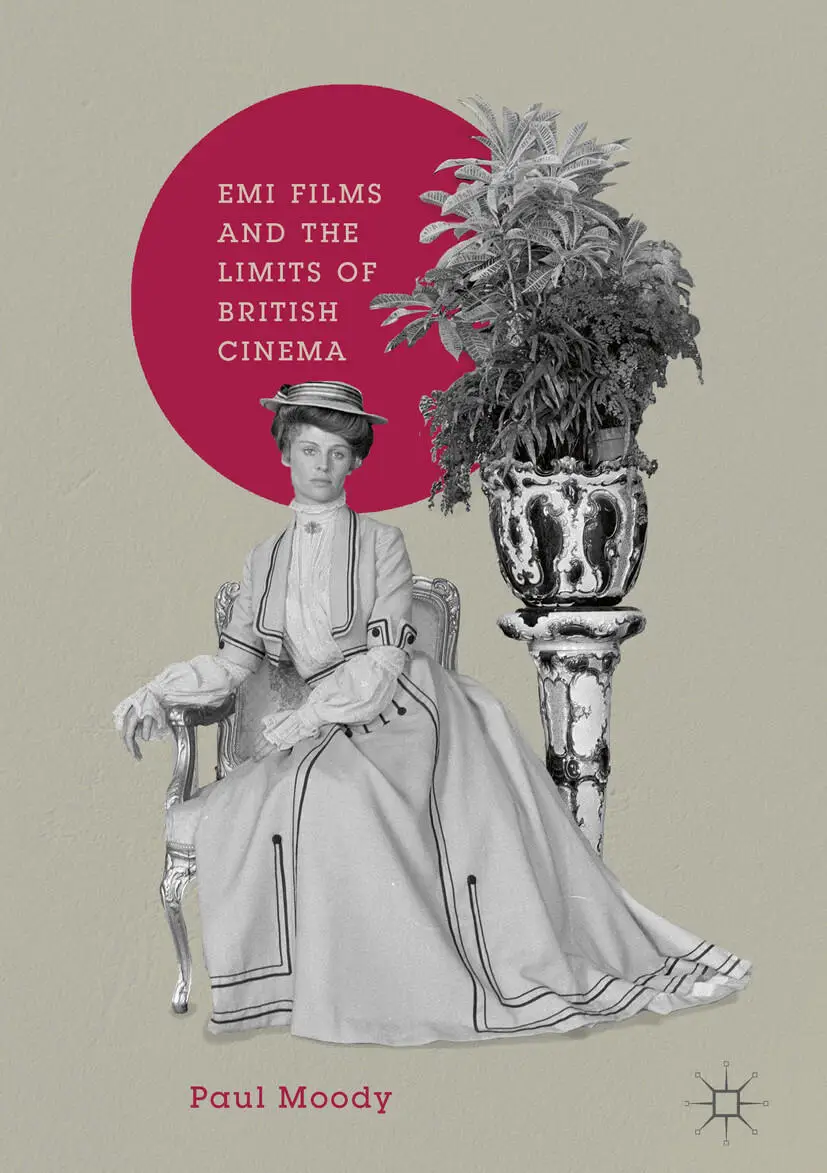A cultural history of the largest British film company of the 1970s
Electrical and Musical Industries Ltd, more commonly known via its initials EMI, was formed in the 1930s through a merger of the Gramophone Company and Columbia. It would become a leading player in the international music industry, opening recording studios at Abbey Road in 1931 which eventually would host some of EMI’s most commercially successful acts, including Cliff Richard, the Beatles and Pink Floyd.
However, the company’s entertainment and leisure interests extended far beyond the popular music genre with which it is most regularly associated and, from 1969 to its eventual demise in 1986, EMI’s films division would produce many of the key works of 1970s and 1980s British cinema - including popular family dramas like 'The Railway Children' (Lionel Jeffries, 1970) through to critically acclaimed arthouse successes like 'Britannia Hospital' (Lindsay Anderson, 1982).
Despite this, EMI’s role in these productions has been recorded only marginally, as footnotes in general histories of British cinema. The reasons for this critical neglect raise important questions about the processes involved in the creation of cultural canons and the definition of national culture.
This project argues that EMI’s amorphous nature as a transnational film company has led to its omission from this history and makes it an ideal subject to challenge the critical consensus on the 1970s British film industry, that it was chaotic, unfashionable and not really worthy of scholarly attention.
The three-year project produced a thorough historical overview of the company’s film releases, based on research material held by the Margaret Herrick Library in Los Angeles (the private papers of EMI’s first Head of Film Production, the actor-director Bryan Forbes), through to the collections of producers that EMI worked with (held by the Bill Douglas Cinema Museum) and its various battles with the UK film censors (at the British Board of Film Classification).
It led to the publication of the first book-length critical study of the company, ‘EMI Films and the Limits of British Cinema’ (Palgrave Macmillan, 2018), a special issue of the Journal of British Cinema and Television, and a video essay on the company’s representation of the 1970s British home.
Publications
Find out more
 Moody, P. (2018). EMI Films and the Limits of British Cinema. London: Palgrave
Moody, P. (2018). EMI Films and the Limits of British Cinema. London: Palgrave
Meet the Principal Investigator(s) for the project

Dr Paul Moody - Paul is a Senior Lecturer in Media and Communications, with research interests in British cinema history, Hollywood and US cultural diplomacy, emerging digital media, and the horror film. He is also a digital media practitioner whose work has won awards at international festivals.
Paul's most recent monograph, EMI Films and the Limits of British Cinema (2018), develops the first historical analysis of the largest British film company of the 1970s, EMI Films. The book argues that EMI’s amorphous nature as a ‘transnational’ film company problematizes traditional approaches to the creation of cultural ‘canons’ and the definition of ‘national culture’, with one reviewer commenting that it makes a ‘very significant contribution not only to British cinema history but also to British cultural history in general’. Paul's work on the company’s output is an ongoing research interest and currently, he is developing a project with the British Film Institute on the career of EMI Films’ first Head of Production, Bryan Forbes, analysing his work as part of a wider examination of how polymathic artists can be interpreted by cultural historians.
Paul's other current research interest focuses on the connections between Hollywood and the U.S. Department of State's global network of embassies. His work in this field has been published in Media, Culture and Society and the International Journal of Communication, and he is completing a monograph on this topic provisionally titled The US Embassy-Hollywood Complex. In this book, Paul employs archival records from the US State Department to question existing theories of globalization which present state sovereignty in decline vis-à-vis ‘globalizing’ media companies. He argues that instead, these examples show how the US government has supported Hollywood’s global economic interests using a variety of strategies and tactics, problematizing attempts to explain Hollywood’s cultural dominance solely as a product of its wide public appeal or as a result of laissez-faire economic policy.
Related Research Group(s)
Global Lives - Research conducted in the Centre addresses the challenges facing society, helping to change the lives of people around the world by bringing economic, social and cultural benefits.
Partnering with confidence
Organisations interested in our research can partner with us with confidence backed by an external and independent benchmark: The Knowledge Exchange Framework. Read more.
Project last modified 14/11/2023